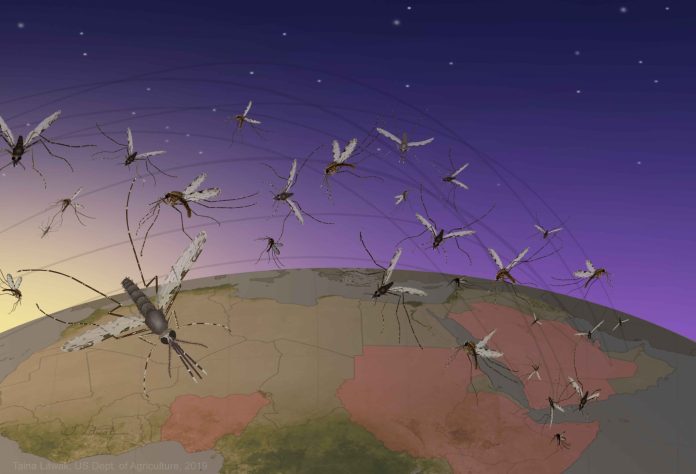Ethiopia is currently battling a sharp rise in malaria, with over 520,000 cases reported in May alone, according to the World Health Organization (WHO). In a health update released Monday, WHO said this surge is part of a larger public health crisis, as Ethiopia also deals with cholera, measles, and mpox outbreaks.
Malaria is a major issue in Ethiopia, especially in lower-altitude regions below 2,000 meters — areas where around 69% of the population lives.
These places cover nearly three-quarters of the country and are more likely to see high infection rates. Typically, malaria spreads faster after the rainy seasons, peaking between September–December and again around April–May.
The WHO also highlighted that ongoing conflict across parts of Ethiopia is making things worse, saying the situation has “left people in urgent need of assistance, many of whom are trapped in hard-to-reach areas with severely restricted humanitarian access.”
So far in 2024, Ethiopia has seen over 8.4 million malaria cases — the highest ever recorded in a single year. The WHO says surveillance and response efforts are ongoing, but the scale of the crisis remains alarming.






